- Home |
- Search Results |
- 5 books to read in celebration of LGBT+ History Month
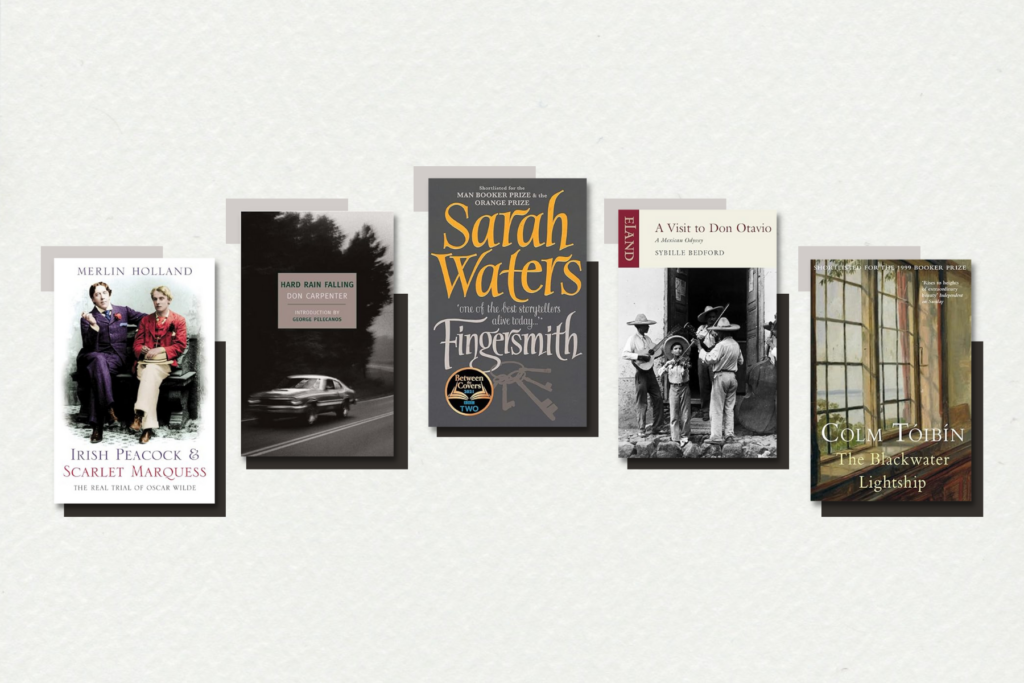
The New Life explores a crucial moment in LGBT+ history that not enough people know about. In the 1890s, Britain’s first gay rights movement came into being, arguing that homosexuality should be recognised as a harmless fact of human life, and should certainly not be punished as a crime. The men and women involved in this movement believed that a better world – a new life – could be created. But the tragedy of the Oscar Wilde trial, which we do remember, destroyed this moment, setting back progress for more than seventy years.
The New Life, which is inspired by the true story of two married men who collaborated on the first ever book in English about homosexuality, brings this historical moment to life in its full complexity: showing the optimism and the bravery, as well as the rage and despair. I hope this story speaks to us today: The New Life is a novel set in the past, but it is actually about the future. Its characters are trying to live ahead of their time, with all the difficulty that involves. We know it’s difficult, because we are also able to imagine a better world than the one we currently live in, but will have to fight to make it a reality.
It's hard to know where to start with a list of recommendations for reading in LGBT+ History Month. There is so much material – and so much I haven’t read. It would be possible to spend the month reading great gay writers who don’t write openly about gay subjects, like Henry James or Willa Cather. But here is a mix of books that are more direct. All of them are worth your time.
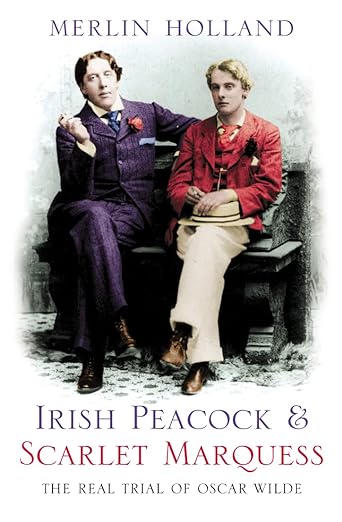
Irish Peacock and Scarlet Marquess: The Real Trial of Oscar Wilde edited by Merlin Holland (2003)
This book presents the courtroom transcript from Wilde v. Queensberry, when Wilde was confronted with evidence of his relationships with men. Only by reading it can you fully appreciate the enormous weight of cultural, institutional and legally enforced homophobia. It slowly crushes Wilde, notwithstanding the wit and brilliance of some of his testimony, which indeed may have done him more harm than good.
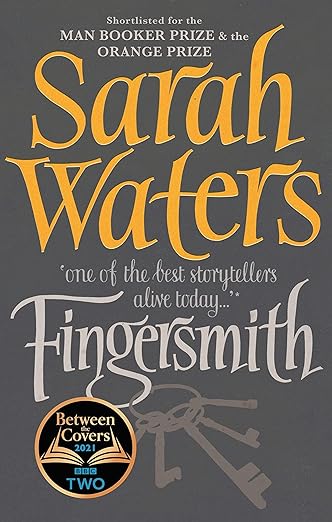
Fingersmith by Sarah Waters (2002)
Sarah Waters has played a crucial role in helping to ‘queer’ our sense of the past, especially the Victorian past. Fingersmith is a lesbian love story, as well as a thrilling raid on the territory of Charles Dickens and Wilkie Collins, carrying off some of their best tricks. Most of all, it is just blissfully entertaining.
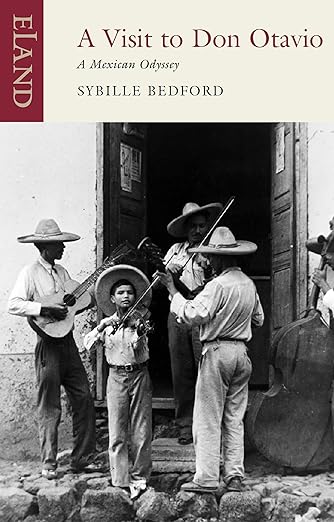
A Visit to Don Otavio: A Mexican Odyssey by Sybille Bedford (1953)
Sybille Bedford describes a long trip to Mexico in the company of ‘E’ (her girlfriend, Esther Murphy). It’s fascinating on many levels, and written in Bedford’s exquisite, super-sensory prose, but also a wonderful record of a relationship. When the couple leave New York on a train, Bedford takes out ‘a pint of gin, a Thermos with ice-cubes, some Angostura and from a leather case the Woolworth glasses that had long replaced the silver-bound, cut-glass mugs with which our elders travelled about a better world, and made two large pink-gins.’
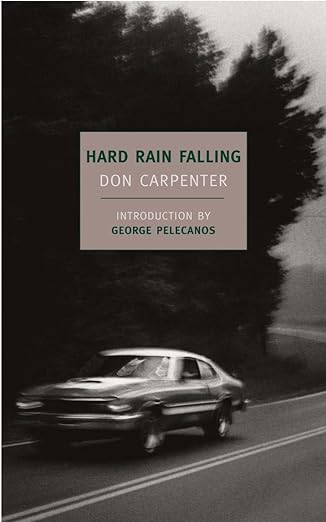
Hard Rain Falling by Don Carpenter (1966)
This is a tough, bleak, imperfect novel about poverty and crime and what it means to get off to a bad start in life. Besides some great passages of writing, it contains a surprising and moving account of a loving sexual relationship forged between the white main character, Jack, and his black friend Billy, while they are both serving time in prison.
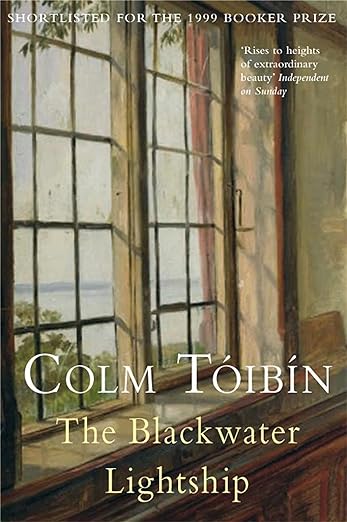
The Blackwater Lightship by Colm Tóibín (1999)
I think this novel deserves to be better known among Tóibín’s work. It is the most moving book I’ve read about the AIDS crisis, apprehended indirectly through an account of a man’s dying days under the complicated care of family and friends. It is one of only a handful of books that I have had to put down, because I can’t read for tears.